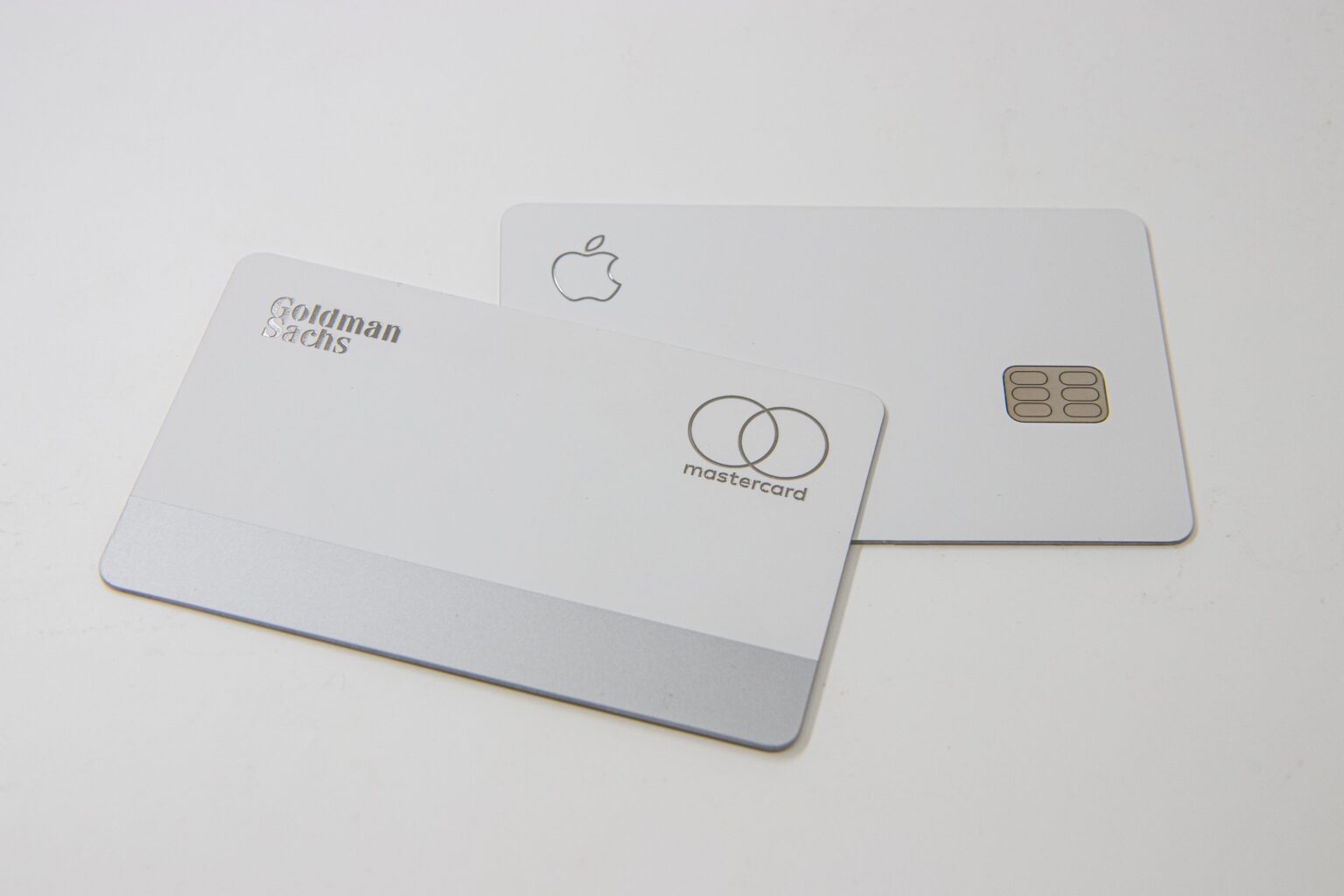JPMorgan Chase is nearing an agreement to take over Apple’s credit card program, known as Apple Card, from Goldman Sachs, according to reports from the Wall Street Journal. The talks, which began in late 2024, represent a pivotal move for Apple as it seeks a new banking partner after Goldman’s decision to exit most of its consumer finance ventures. The program, launched in 2019, has become a significant part of Apple’s broader push into financial services, with millions of users integrated through Apple Pay.
Goldman’s retreat comes after years of mounting losses in its consumer division, including costs associated with managing the Apple Card. For Apple, the shift underscores the company’s commitment to maintaining and expanding its financial services offerings while aligning with a more experienced credit card issuer.
Why JPMorgan is Positioned to Take Over
If finalized, the deal would strengthen JPMorgan’s standing as the largest U.S. credit card issuer and bring Apple’s estimated 12 million cardholders into its portfolio. The Apple Card’s outstanding balances are estimated at around $20 billion, making it one of the most high-profile consumer credit portfolios in the market. This move would also deepen JPMorgan’s relationship with Apple and enhance its ability to compete with other tech-driven finance partnerships.
JPMorgan’s experience in managing large-scale credit card programs positions it as a logical successor. Its robust infrastructure, customer service capacity, and risk management systems give it the ability to integrate Apple’s customer base seamlessly, while potentially offering new co-branded financial products in the future.
Addressing Risk and Operational Challenges
One of the main hurdles for JPMorgan involves the Apple Card’s elevated exposure to subprime borrowers, who reportedly account for about 34 percent of its balances. This is more than double the subprime percentage seen in JPMorgan’s existing portfolio. Goldman had struggled with this risk profile, setting aside significant provisions for potential losses.
Additionally, operational complexities like Apple’s requirement that all statements be issued on the first of the month created strain on Goldman’s servicing teams, leading to customer support backlogs and regulatory scrutiny. JPMorgan is expected to negotiate terms that may provide greater operational flexibility or pricing discounts to offset these challenges.
Industry Competition and Next Steps
Apple has also held preliminary talks with other financial institutions, including Barclays, Synchrony Financial, and American Express, but JPMorgan has emerged as the leading candidate. Meanwhile, competition has intensified over the card’s payment network. Visa has reportedly offered Apple around $100 million to replace Mastercard as the Apple Card’s network provider, signaling broader interest from major payment firms in capturing Apple’s high-profile financial products.
While the negotiations between JPMorgan and Apple appear advanced, the agreement is not yet final. Key aspects such as valuation and risk-sharing remain under discussion, and there is still the possibility the deal could fall through. None of the companies involved—Apple, Goldman Sachs, or JPMorgan—have issued formal public statements on the matter. The outcome of these talks will shape not only the future of Apple’s credit card but also the evolving landscape where technology firms and major banks increasingly intersect.


